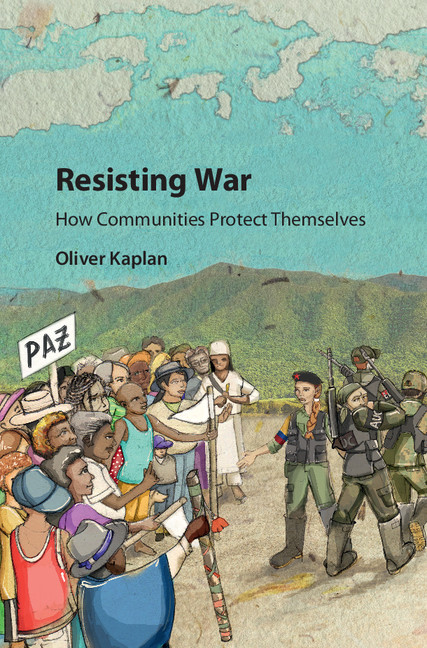When it comes to quantitative data in conflict studies, standards for collection, reliability, ethics, and usage remain behind the curve. We discuss five things that scholars can do to address these gaps.


When it comes to quantitative data in conflict studies, standards for collection, reliability, ethics, and usage remain behind the curve. We discuss five things that scholars can do to address these gaps.

What happens when a research subject becomes a research and briefing partner? In 2017, I was contacted by the peacebuilding NGO Peace Direct to contribute to a policy report on...

Photo credit: pixy.org under Creative Commons license. This is a guest post by George DeMartino, professor of international economics at the Josef Korbel School of International...
This is a guest post by Professor Cynthia Weber, Department of International Relations at the University of Sussex Five months ago, ‘Michaela’ posted this query on the website Political Science...
In his most recent post, PTJ argues that "things like Freakonomics are basically corrosive and should be opposed whenever practicable". While he repeats in that post (and the comments section) a number of dubious claims about what sorts of behavior are possible within a decision-theoretic framework, I think we're past the point in the conversation where it is useful to argue about the possibility of writing down a decision-theoretic model whose actors are capable of moral behavior and belonging to communities.1 In this post, I'd like to discuss the moral argument PTJ makes against...
In my seminar at Amherst College today, my students discussed the status of their final research papers, their research designs, and the use of sources. One student asked what were the rules for using quotes or pulling block text from other sources. Since so many folks seem to be reading Alan Kuperman's stuff these days, I showed my students the Kuperman article that Patrick linked yesterday in which Kuperman argues the case of moral hazard in Libya. I asked them to pay close attention to the use of the quote from the New York Times:By helping rebels, we thus increase the risk of retaliatory...